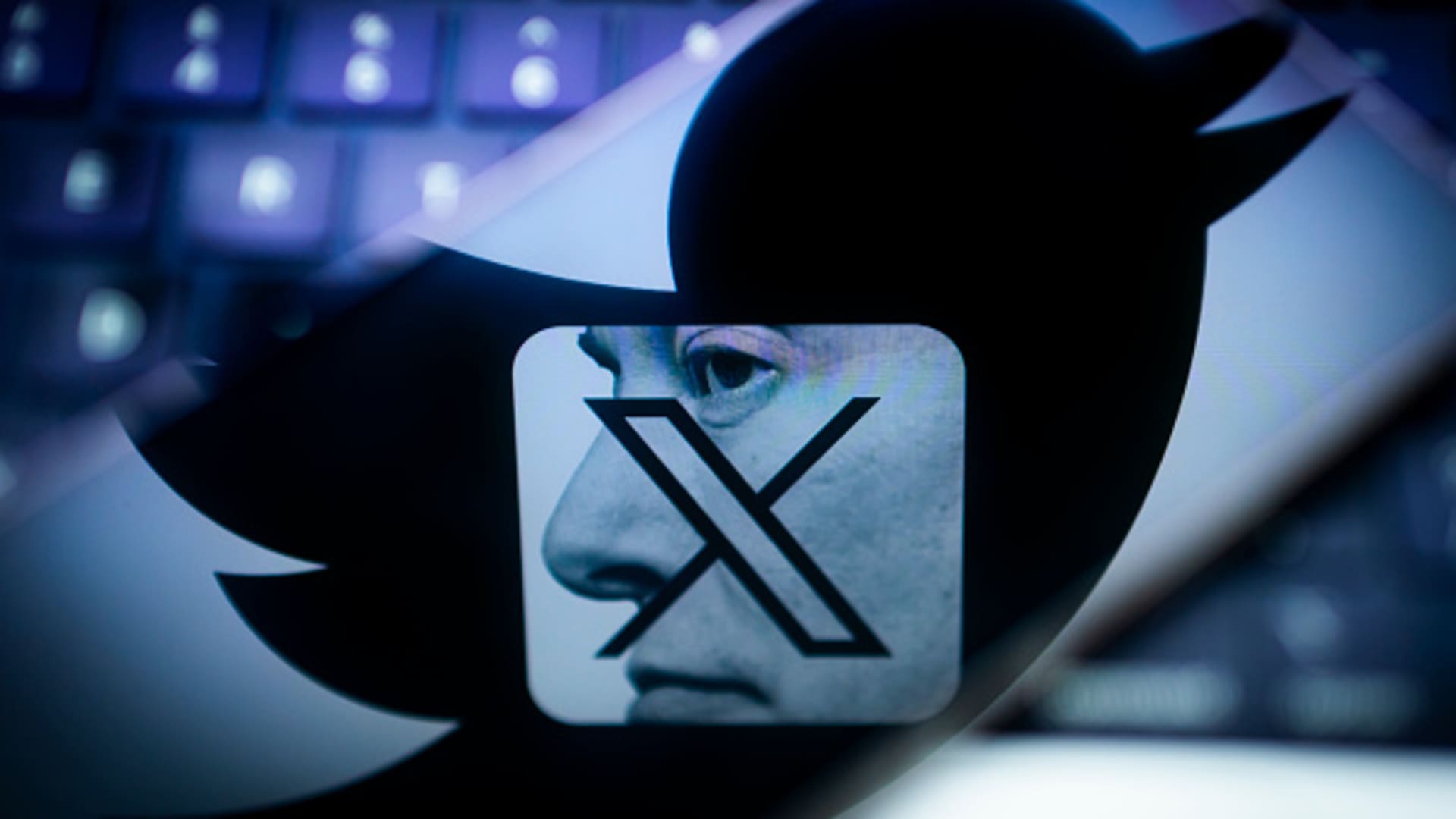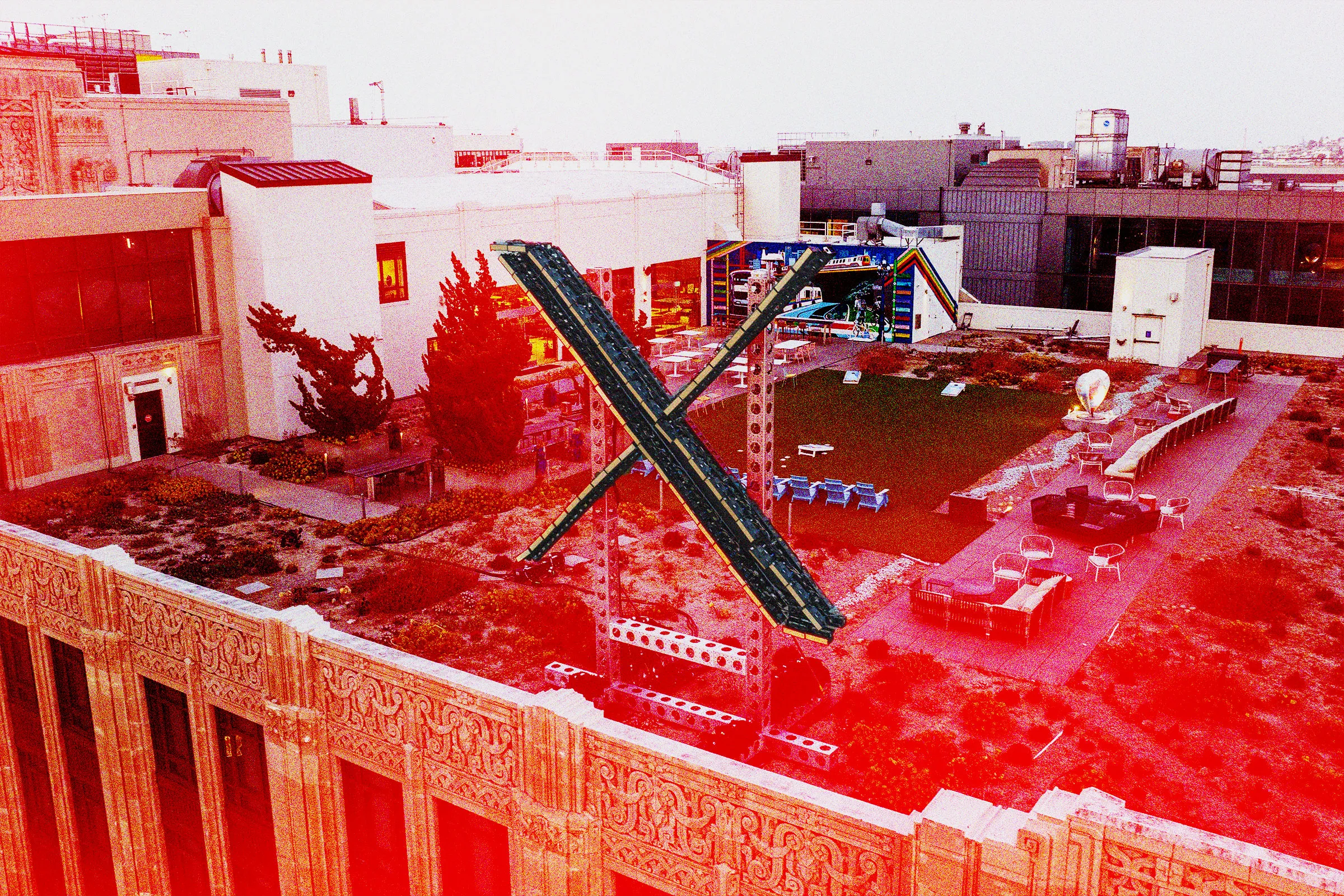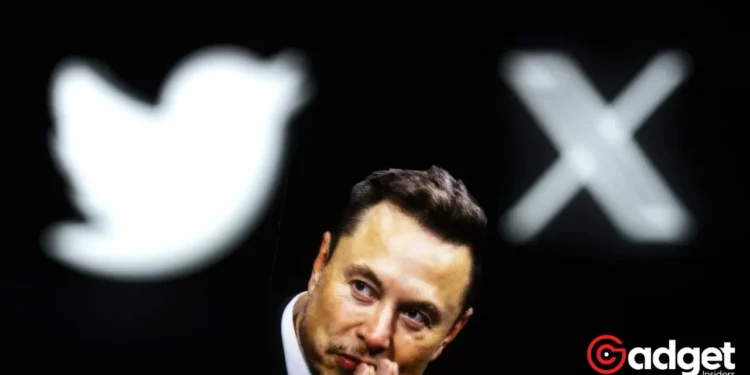The legal battle between Elon Musk’s X, the social media platform previously known as Twitter, and the Center for Countering Digital Hate (CCDH) has become a focal point for discussions on freedom of speech, digital responsibility, and the impact of hate speech online. At the heart of this contentious lawsuit is Elon Musk’s X claim against CCDH for allegedly violating its terms of service and illegally accessing non-public data, leading to a significant boycott that purportedly cost the company millions.

The Battle Lines Are Drawn
The lawsuit stems from CCDH’s research, which highlighted instances of ads being placed next to extremist content on Elon Musk’s X, prompting a major brand to pull out its advertising dollars. X alleges that CCDH’s actions not only breached their terms of service but also constituted illegal access to non-public data, posing a security risk to the platform and its users.
Moreover, Elon Musk’s X accuses CCDH’s reporting of being misleading, asserting that it is rare for ads to appear alongside extremist content.
The Courtroom Drama Unfolds
During a recent hearing, the spotlight was on US District Judge Charles Breyer, whose skepticism toward X’s arguments was palpable. Judge Breyer’s interrogation of Elon Musk’s X’s legal strategy, particularly around the foreseeability of the alleged damages, was telling.
Elon Musk’s X counsel argued that the CCDH, having joined the platform in 2019, should have anticipated changes in the terms of service following Elon Musk’s acquisition of Twitter and the subsequent policy updates. These changes, according to Elon Musk’s X, should have made the financial repercussions of CCDH’s reporting foreseeable.
“… I can't think of anything basically more antithetical to the First Amendment than this process of silencing people from publicly disseminated information once it's been published," (Judge)Breyer said. 😬 https://t.co/oLO8EVieXZ
— Mark Ruffalo (@MarkRuffalo) March 1, 2024
However, Judge Breyer challenged this notion, questioning the logic behind the foreseeability argument. His remarks suggested a disbelief in the argument’s validity, describing it as a “vapid extension of law.”
This critical stance hints at the judge’s perspective on the lawsuit’s foundational arguments, emphasizing the difficulty Elon Musk’s X faces in proving its case.
Legal Implications and Public Perception
Judge Breyer’s comments during the hearing shed light on the potential misalignment of Elon Musk’s X’s legal claims with its actual grievances.
By suggesting that Elon Musk’s X might have been more suited to file a defamation suit — a route not taken possibly due to the accuracy of CCDH’s reporting — Breyer highlighted the complex interplay between legal strategies and the truthfulness of the accusations.
The CCDH, through its CEO and founder Imran Ahmed, expressed satisfaction with the court’s line of questioning and remains confident in the dismissal of the lawsuit. This confidence is mirrored in the public discourse surrounding the case, where many view it as a litmus test for the future of digital speech and the responsibilities of social media platforms.

Elon Musk’s X: The Road Ahead
As this legal drama continues to unfold, it serves as a stark reminder of the challenges and responsibilities facing social media platforms in moderating content and protecting freedom of speech.
The outcome of this lawsuit could have far-reaching implications for digital platforms, setting precedents for how terms of service are enforced and how platforms manage and mitigate hate speech. This case is not just about the specific legal arguments at play but also about the broader societal debates on digital hate and the role of social media in public discourse.
As we await further developments, the tech world, legal experts, and the public remain keenly interested in the resolution of this high-profile lawsuit and its implications for the future of online communication.










